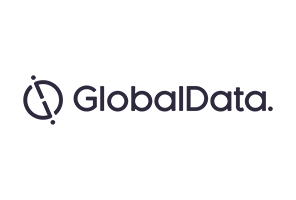2017 will be a tumultuous one for the pharmaceutical industry as the major companies continue to struggle with the dreaded patent cliff – an extended period where a significant proportion of branded drugs will lose patent protection. During this period, affected drugs will become vulnerable to competition from copycats. In particular, in 2017 the hugely successful class of complex biologic oncology drugs, which include monoclonal antibodies, will for the first time become vulnerable to competition from copy biologics, known as biosimilars, in Western markets.
The antibodies, Rituxan/MabThera (rituximab) and Herceptin (trastuzumab), are two of the best-selling products in drug maker Roche’s oncology portfolio. Rituxan was first approved in 1997 for the treatment of hematological cancers, while Herceptin was approved in 1998 for the treatment of HER2-positive breast cancer. In 2015, the combined sales of these two antibodies amounted to $14.3 billion, making them a very attractive target for incoming biosimilar competition. In the EU, the European Medicines Agency (EMA) is currently reviewing two rituximab biosimilars and two trastuzumab biosimilars for European marketing approval, with decisions on each anticipated for 2017, and a product launch soon after, if approval is granted.
Biosimilars are a rapidly growing sector of the industry. Despite a number of biosimilars already approved in the EU and US markets, this sector is still in its infancy, and the rules that govern them are continually evolving. Furthermore, while biosimilars have been available in the EU for other therapy areas since 2006, uptake has been variable and the threat of oncology biosimilars has been the cause of significant anxiety for major pharmaceutical companies, like Roche.
Key opinion leaders in medical oncology have expressed caution over the acceptance of biosimilars in place of the originator or branded products, stating that more data are needed to convince them that biosimilars are equally effective. However, in the EU, this decision may be taken out of doctors’ hands, if payers insist that biosimilars are used for the lower cost. The competitive threat posed by oncology biosimilars is an unknown entity, and companies will be watching closely to see how the market reacts to the launch of these new biosimilars this year.
The next 12 months will mark an important milestone in the evolution of the pharmaceutical industry. The launch of biosimilars to rituximab and trastuzumab will help to define this sector. The success or failure of these agents will be the yardstick for other pharmaceutical companies and will inform the future responses of originator companies that expect to face biosimilar competition to their cancer drugs.

US Tariffs are shifting - will you react or anticipate?
Don’t let policy changes catch you off guard. Stay proactive with real-time data and expert analysis.
By GlobalData



